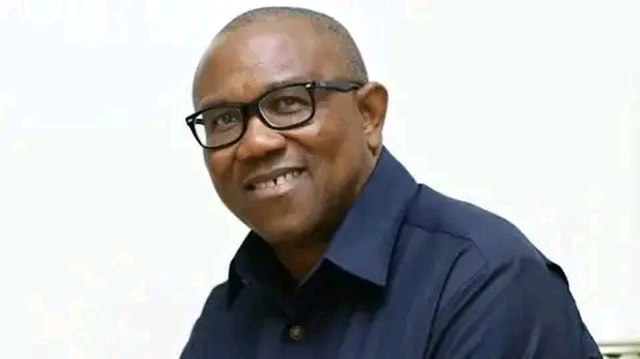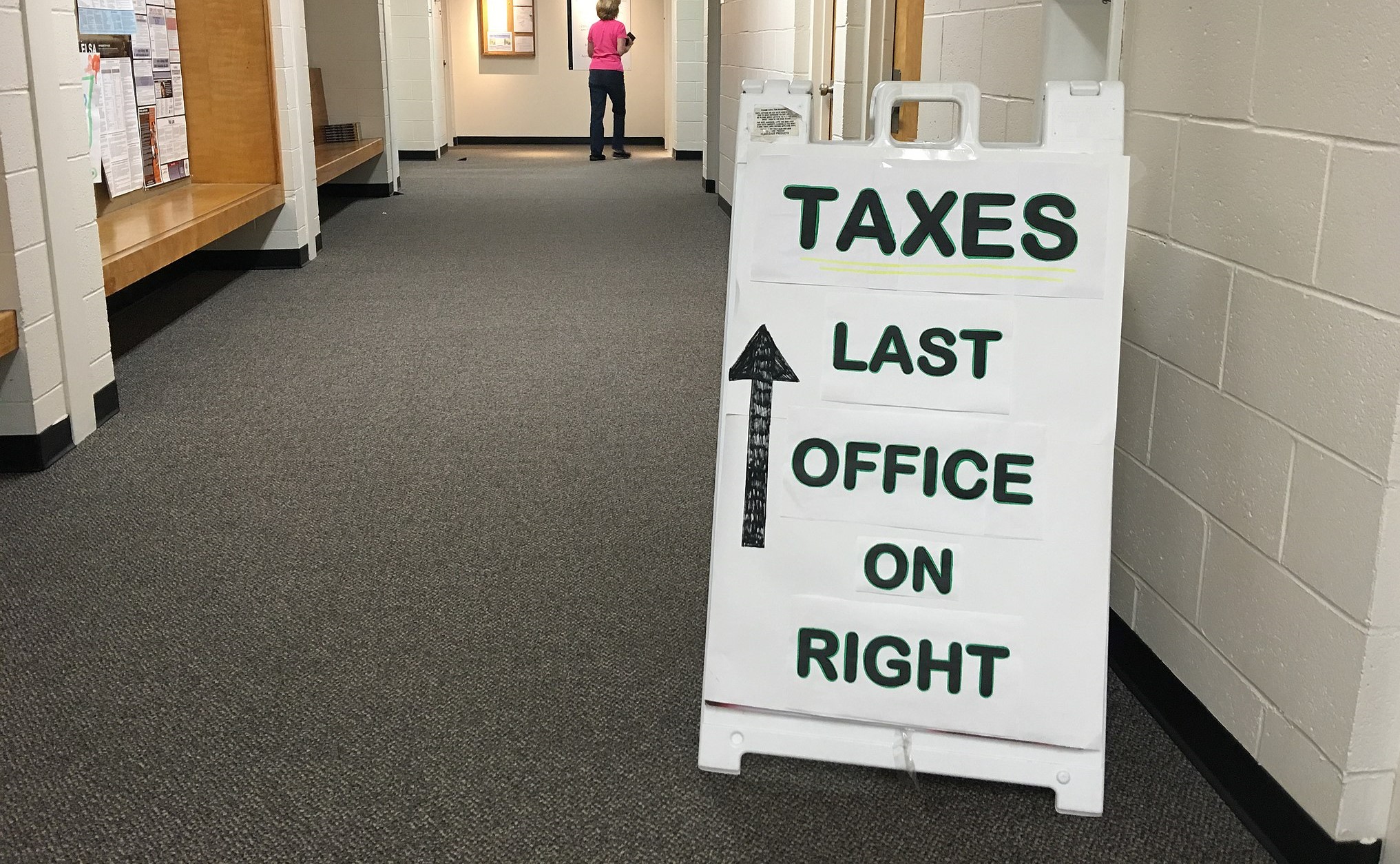Nigeria is a diverse society divided along ethnic and religious lines. The 1914 colonial amalgamation that created the borders of the country was more of a geographical merger than an effective integration of the disparate 250 autonomous ethnic and socio-political entities which inhabited the country. These differences have been prominent tools for political mobilisation since the return of democracy in 1999, writes Dengiyefa Angalapu, but these divisions became starker in the 2023 general election.
The election’s three leading presidential candidates were Ahmed Bola Tinubu of the All Progressives Congress (APC), Atiku Abubakar of the People’s Democratic Party (PDP) and Peter Obi of the Labour Party (LP). They were representatives of the Yoruba, Fulani and Igbo ethnic groups respectively. For the first time, each of the three main ethnic groups had a presidential candidate. This quickly divided the nation into ethnic affinities.
Religion also played a prominent role in the election. The APC decided to run Muslim candidates for both the presidency and the vice presidency which went against the tradition of running a Muslim and a Christian on the same ticket to attract voters from across the spectrum, or at least to not put off voters. All the candidates campaigned directly in churches and mosques to encourage voting on religious grounds.
Ethnicity and religion were not the only divisions prominent throughout this election. Women’s groups became disgruntled due to the continued decline in women candidates. Young voters, feeling ignored on the national stage, actively voiced their concerns about leaving the country in the hands of another elderly statesman. Because of these cleavages, the 2023 election has divided Nigerians more than ever. This landscape will require serious efforts to bolster a greater level of national unity by the new president of Nigeria Asiwaju Ahmed Bola Tinubu. If the government is going to galvanise the country to jointly pursue development, it must start by pursuing national unity.
Past efforts
Previous attempts to improve the integration of the country included the establishment of the National Youth Service Corps, unity schools, and the promulgation of the federal character principle. The Corps is mandatory for all Nigerian graduates under the age of 30, who have obtained a higher education degree from universities or polytechnics. The program seeks to address the developmental needs of rural communities by deploying corps members out of their home state to work in sectors, such as education, healthcare, and infrastructure, thereby contributing to the socioeconomic development of those areas.
Unity schools, officially known as Federal Government Colleges (FGCs) were designed to bring together students from different parts of the country and promote interaction, understanding, and national integration. The most cited scheme is the Federal Character Principle. It ensured that appointments to public service positions and the distribution of amenities and resources reflect the diversity of the Nigerian population. It seeks to prevent the domination of certain groups and promote inclusivity and fairness. Beyond these schemes, there have also been efforts towards extolling unity through campaigns with the message “unity in diversity”.
Despite these efforts, research by the African Polling Institute found that only 10 per cent feel that their primary identity is Nigerian rather than being a member of an ethnic group. The 2022 Nigeria Social Cohesion Index (NSCI) scored 39.6 per cent, a 4.6 per cent decline from the 2021 index. There is clearly work to be done. Fair distribution of government dividends, national unity schemes, and reconciliation advocacy are necessary policies for the next Nigerian President. However, the two goals can go hand in hand as working toward economic prosperity has a long history of bringing diverse peoples together.
Producing National Unity
There are different levels of national integration. At a minimum, the country remains intact, but there is an upper limit. Loftier goals include operating under a single constitution, sharing resources across regions, ethnic groups, religious groups, genders, and working harmoniously with one another to ensure security, economic growth, and educational achievement, and removing settlement barriers such as indigene and non-indigene clauses. Unity has not completely failed in Nigeria. There are many ways Nigerians from all tribes, religious groups, geographies, ages and gender unite independently of direct government intervention. Many northerners have moved to the south such that northerners are now major producers of fish in the rivers of Bayelsa state. In turn, many Southerners live and work in the North, especially in trade and commerce.
It is a sign of unity that the North and the South have grown to trust each other with issues this important to their lives and livelihoods. In these cases, the desire for prosperity propelled unity, not some advocacy or direct government intervention. This is an important factor the next president must build upon.
Men rarely unite just for the sake of it. Instead, they unite to achieve a task one individual cannot achieve alone. When people say we are “one big family”, it creates imagery that such a group unites to divide the workload and produce better outcomes. If one expects Nigeria to be “one big family”, as national integration strategies suggest, the task of production must be big enough to necessitate such a collaboration.
Reviving Nigeria’s production base
The Second National Development Plan in place from 1970-74, attempted to address the production gap in Nigeria with a systematic effort to create an industrial structure linked to agriculture, transport, mining, and quarrying. The federal government embraced ambitious and costly industrial projects in sectors such as iron and steel, textiles, and cement amongst others. Attempts were made to establish complex automobile plants, refineries, and shipping lines across Nigeria. These projects should have served as a springboard for prosperity and cohesion. Instead, they were either abandoned, left uncompleted, or poorly executed.
In the 1970s and early 1980s, Nigeria was home to Africa’s largest textile industry with over 180 textile mills in operation employing up to 500,000 people. The textile industry at that time was the largest employer of labour in Nigeria after the public sector, contributing over 25 per cent of the workforce in the manufacturing sector. Today, the industry provides less than 20,000 jobs and 175 firms in 1985 have shrunk to less than 20 in 2022. Another tale is the Ajeokuta steel project that has been left abandoned – a project President Muhammadu Buhari himself had said is capable of employing 500,000 Nigerians. Imagine Nigerians of all tribes, ages and religions working together in these large complex production firms that would utilise materials from almost all regions of the country.
Nigeria possesses much more than simply oil and gas. It is home to significant natural resources including deposits of coal, iron ore, lead, limestone, tin and zinc. Just as importantly, it has rich land and water resources that are ripe for further agricultural exploitation. There is a need to build complex production firms in all the geopolitical zones in Nigeria. Moreover, Nigeria’s security challenges that pose threats to national integration are driven to some extent by poverty and unemployment that industrialisation will resolve. Hopefully, the government will follow this path. President Asiwaju Bola Ahmed Tinubu has himself said: “The time has come for Nigerians to manufacture what we consume, we need to increase local production.” This is not just a necessary step towards development but to enhance the national integration of Nigeria.
Photo credit: ACOTA Nigeria used with permission CC BY-NC 2.0






Very enlightening
Well Papered and helpful, thank you